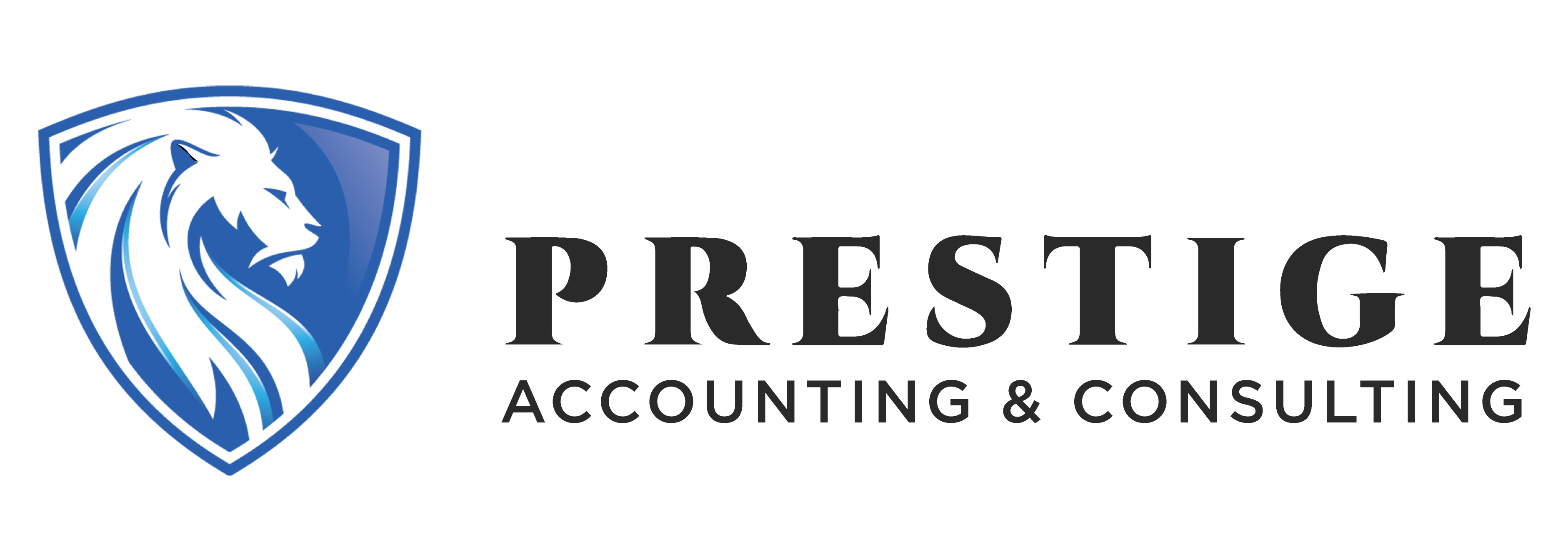
Cash Flow Bottlenecks: Identifying and Resolving Financial Obstacles
December 5, 2023
Tax Saving Investment strategies for law firms
December 19, 2023
Categories
Strategic Debt Management: Balancing Cash Flow and Financial Health
Every business. Managed wisely, debt can serve as a powerful tool for growth and expansion. But without strategic planning, it can quickly become a burden. This delicate balance between cash flow and financial health underpins strategic debt management.
The Two Faces of Debt
Beneficial Debt: Believe it or not, not all debts are bad. When used strategically, debt can fuel expansion, facilitate new projects, and drive innovation. The engine powers many startups and even established businesses to new heights.
Hazardous Debt: However, unchecked borrowing, poor terms, or overleveraging can spell disaster. This kind of debt acts like quicksand, pulling businesses into financial turmoil.
Understanding Cash Flow vs. Debt Obligations
Operational Cash Flow: At its core, this is the lifeline of your business – the cash generated from your day-to-day operations. Ensuring this cash flow remains healthy is crucial, especially when meeting regular debt obligations.
Debt Repayment Schedules: Any strategic debt management plan revolves around understanding and planning for repayment schedules. Misalignment between cash flow and these schedules can strain resources.
Best Practices for Debt Management
Regular Financial Review: Regularly assess your business’s financial standing. Understand current liabilities, anticipate future debts, and adjust strategies as needed.
Refinancing Opportunities: The business lending landscape is dynamic. Always look for refinancing opportunities with lower interest rates or more favorable repayment terms.
Debt Consolidation: For businesses with multiple outstanding debts, consolidation can be a lifeline, creating a singular, often more manageable repayment structure. But be aware of the terms – they’re not always in your favor.
Maintaining a Contingency Reserve: Unforeseen challenges are a business norm. Aside from addressing unexpected costs, a contingency reserve can cover debt obligations during rough patches.
The Role of Cash Flow Forecasting
Predicting Future Cash: Using tools or expertise, anticipate your operational cash influx, guiding informed financial decisions.
Aligning with Debt Repayments: By forecasting cash flow, you can ensure that it aligns seamlessly with upcoming debt obligations, avoiding potential financial hiccups.
Tools & Resources: Today’s financial software and expert insights can significantly enhance your forecasting accuracy.
The Balance: Growth vs. Stability
Strategic Borrowing: It’s tempting to borrow, especially when visions of expansion dance in your mind. But always borrow strategically, ensuring the debt serves a tangible growth goal.
Conservative Financial Practices: While innovation and risk-taking are part of business growth, ensure that your foundational financial practices remain conservative, safeguarding stability.
Case Studies
Success Story: Consider ‘Company A’ that borrowed to open a new branch, having researched market demand. Their strategic borrowing led to increased revenues, comfortably offsetting the debt.
Cautionary Tale: ‘Company B,’ enticed by low-interest rates, overleveraged. When an economic downturn hit, their cash flow couldn’t handle the debt, leading to significant struggles.
Seeking Expert Guidance
Role of Financial Consultants: There’s no one-size-fits-all in strategic debt management. Expert consultants offer tailored advice, taking into account industry trends, economic forecasts, and your business’s unique standing.
Tailored Strategies: At Prestige Accounting & Consulting, we pride ourselves on creating individualized plans, ensuring businesses can manage debt without compromising growth or stability.
Conclusion
Strategic debt management isn’t just about borrowing and repaying. It’s a nuanced dance between leveraging opportunities and ensuring long-term financial health. And in this dance, strategy is your best partner.
Call to Action
Are you facing challenges in managing your business debt? Or just looking for expert advice? Reach out to Prestige Accounting & Consulting. We’ll craft a financial strategy ensuring robust cash flow and overarching financial health.




